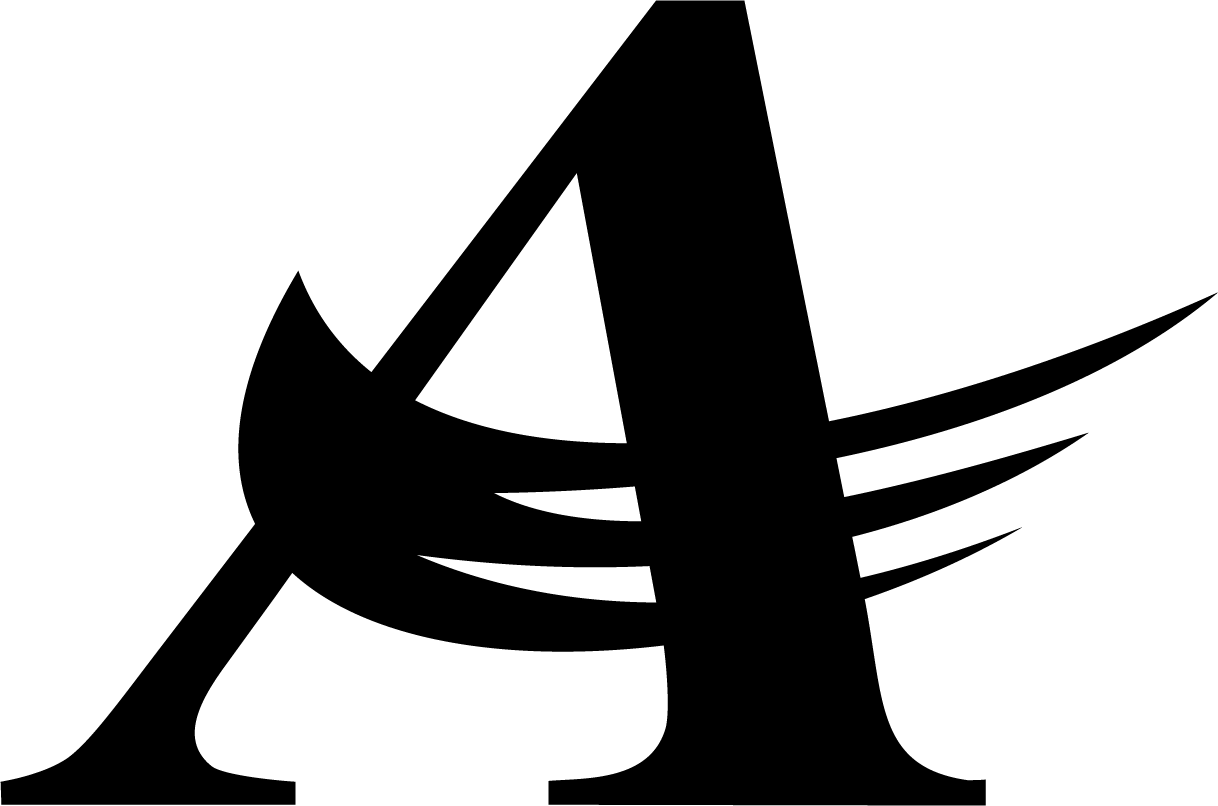
MoneyDo: Know How Roth & Traditional Accounts Help You
When it comes to saving for retirement, you’ve been given several tools designed to help you optimize your savings. Two of them are:
Roth and Traditional Retirement Accounts
- We all wish the government would let us save money for retirement tax-free. But reality requires we pay taxes.
- What the government offers instead is an opportunity for you to choose when to pay taxes – and when you pay could have a significant impact on retirement.
- With Roth contributions, taxes are paid now (because the contributions are with after-tax dollars). Earnings will grow tax-free and qualified withdrawals are tax-free.
- Traditional retirement accounts’ earnings grow tax-deferred. While contributions can be made with pre-tax dollars or after-tax dollars, income tax is due when the funds are withdrawn.
Your goal should be to pay any taxes in the lowest tax brackets possible.
- Many folks begin their working career in a lower tax bracket. If so, it’s an ideal time to contribute to a Roth account: The idea is your current tax rate might be lower than your tax rate in retirement.
- It’s tough to predict the future, but one of the benefits of contributing to a Roth is removing this uncertainty by paying tax today instead of deferring the tax until retirement.
- As you continue into your career, experience and pay will likely increase. Therefore, it’s likely you’ll pay more taxes later in your career compared to retirement so deferring your taxes makes sense.
Items to think about as you contribute
- If you have earned income you can continue to a Roth IRA at any age.
- Contributions to a traditional IRA can now be made at age any age under new tax law.
- Income limitations apply to both traditional and Roth IRAs, so be careful.
- Employer provided retirement plans typically don’t have income limitations to participate.
- Upon reaching age 72 Roth IRAs do not have required minimum distributions (unless they were inherited), so any dollar not withdrawn will continue to grow tax free.
- You must begin to take distributions from a traditional retirement account at age 72 (there may be an exception to an employer-sponsored account if you are still working).
Have questions or want to learn more? We can help. Contact your Wealth Manager or head to our website and click on ‘Get Started’.






